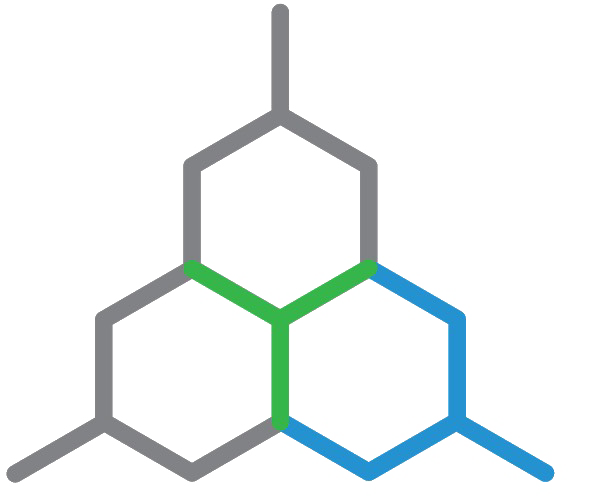The Future of Smartphones: Detecting Norovirus with an App
A research team from the University of Arizona is developing a way to detect norovirus in water sources with a smartphone. In the test, the researchers soak paper in a water sample before adding antibodies against the virus that are labeled with fluorescent material. They then use a camera attached to a smartphone to take a picture of the paper and an app to analyze the fluorescent patterns of the antibodies. The researchers’ findings show that the smartphone app is able to detect norovirus at very low concentrations.
Although further research is needed, the test’s ability to detect small amounts of norovirus is significant because just 10 virus particles can make a person sick. Norovirus is responsible for a staggering 700 million cases of gastroenteritis, over 200,000 deaths, and over $60 billion in associated costs each year. This test highlights the increasing diagnostic role that digital tools like smartphones are playing in the health sector --- from patient monitoring to virus detection, innovative solutions are becoming integral players in the effort to make care accessible and intelligent.
Smart Devices Venture Into Chronic Illness Monitoring
Health care organizations are partnering with innovators to invest in personalized smart monitoring for individuals with chronic illnesses. For example, Myia Health has closed a $10 million financing round with Mercy Virtual, the digital arm of the Mercy Health hospital chain, to monitor patients with congestive heart failure and track their early symptoms through Myia’s technology suite.
Myia Health is not the only innovator focused on chronic illnesses. Fitbit executives recently announced a one-on-one coaching service to be rolled out in 2020 to help consumers manage chronic conditions like diabetes. In addition, wearables from Apple and Biobeat offer heart rate, blood pressure, and sleep habit tracking of patients at home. Health care organizations and innovators alike, are exploring the effects of personalized monitoring and home-based care on patient recovery and resilience.
Health Care Survey Results Highlight Major Gaps in Cybersecurity
Since 2017, the health care industry has seen a string of cyberattacks, from the the WannaCry ransomware attack in May 2017 to a recent data breach at Presbyterian Health Services that exposed 183,000 patients’ data. While internet-connected devices provide high levels of utility and connectivity, they are also at a high risk for cyberattacks due to their software vulnerabilities. Irdeto, a security software company, surveyed 700 security decision makers across health care, transportation, and manufacturing industries in 5 countries. It found that 8 out of 10 health care organizations have experienced an IoT-focused cyberattack in the past year. Across all 3 industries that the survey targeted, operational downtime (43%) is the most common impact of a cyberattack, followed by compromised customer data (52%) and brand or reputational damage (31%). The results of this survey indicate that organizations are aware that such vulnerabilities exist, but they do not have the infrastructure to anticipate and deal with such attacks. To address organizational network vulnerabilities, organizations need to invest in cybersecurity strategies that incorporate all connected devices on a given network.
RWJF Innovation Challenges Finalists
Finalists for the Robert Wood Johnson Foundation’s Home & Community Based Care and Social Determinants of Health Innovation Challenges will compete live on September 16th!
Home & Community Based Care Innovation Challenge Finalists
Social Determinants of Health Innovation Challenge Finalists
The three finalists from each challenge will compete in a Live Pitch on September 16th, from 2:30-4:30pm, at this year’s Health 2.0 Conference in Santa Clara, CA. They will demo their technology in front of a captivated audience of health care professionals, investors, provider organizations, and members of the media. The first place winners will be featured on the Conference Main Stage, September 17th at 3:15pm. Winners will be awarded $40,000 for first place, $25,000 for second place, and $10,000 for third place.




